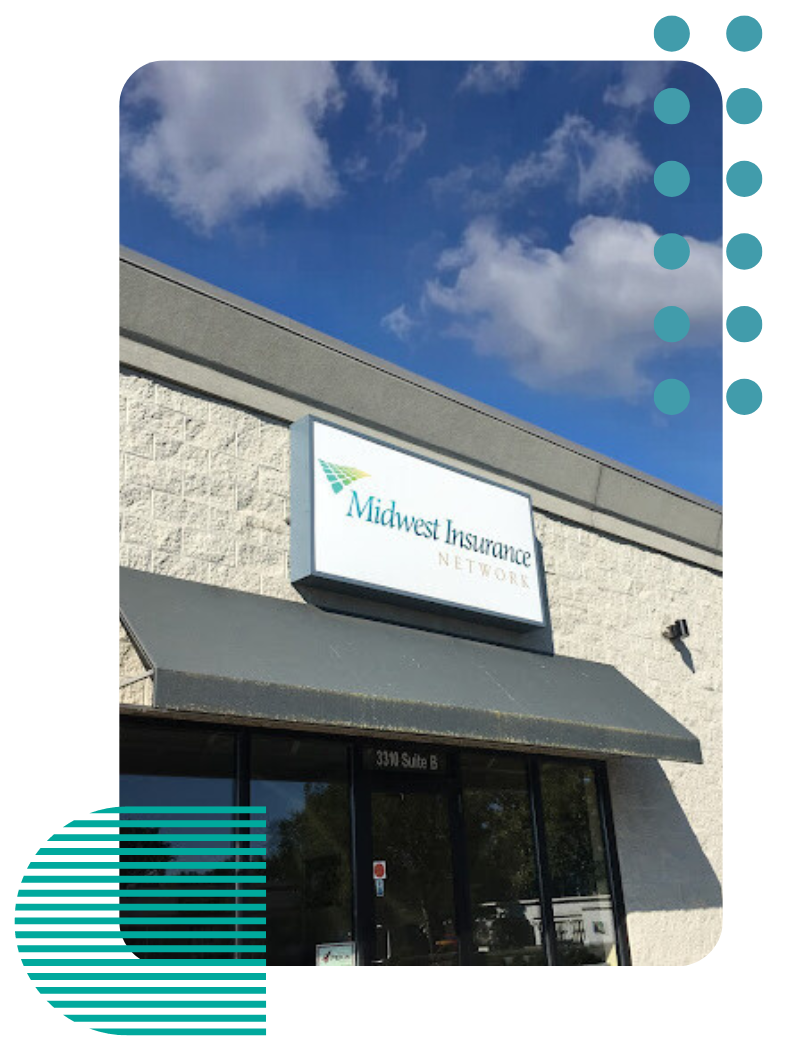Top 3 Recommended Policies
Index
Contact Us
Phone
agency@midwest-insure.com
Location
Northwood, OH
3310 Woodville Road, Suite D
Northwood, OH 43619
Elmore, OH
361 Rice Street
Elmore, OH 43416
Investing in real estate can be a lucrative venture, but it also comes with its fair share of risks. In Ohio, one of the most critical steps you can take to
protect your investment is to secure the right insurance coverage. This guide will delve into the intricacies of real estate investor insurance in Ohio, providing you with the knowledge you need to make informed decisions.
Understanding Real Estate Investor Insurance
Real estate investor insurance, also known as landlord insurance, is designed to protect property owners from financial losses related to their rental properties. It typically covers the building itself, liability for injuries or damages, and loss of rental income.
In Ohio, as in other states, real estate investor insurance is not mandatory. However, if you have a mortgage on your property, your lender may require you to carry insurance. Even if it's not required, it's a smart move to protect your investment.
Types of Coverage
There are several types of coverage that you may want to consider as a real estate investor. These include dwelling coverage, which pays for repairs or rebuilding if your property is damaged by a covered peril; liability coverage, which protects you if someone is injured on your property; and loss of rental income coverage, which compensates you if you're unable to rent out your property due to a covered loss.
Additional coverage options include personal property coverage, which covers your personal belongings if they're damaged or stolen; and flood insurance, which is not typically included in standard policies but can be crucial if your property is in a flood-prone area.
Choosing the Right Insurance Provider
When it comes to choosing an insurance provider, there are several factors to consider. These include the provider's reputation, the coverage options they offer, their customer service, and of course, their rates.
It's important to do your research and compare quotes from several providers before making a decision. Keep in mind that the cheapest option is not always the best one. You want to ensure that you're getting the coverage you need at a price you can afford.
Reputation and Reviews
One of the first things you should look at when evaluating an insurance provider is their reputation. You can do this by reading online reviews and checking their rating with the Better Business Bureau. Look for a provider with a history of positive customer experiences and prompt, fair claim handling.
Additionally, consider the provider's financial stability. Insurance companies are rated by agencies like A.M. Best and Standard & Poor's, which assess their ability to meet their financial obligations. A high rating indicates that the company is financially stable and likely to be able to pay out claims.
Customer Service
Customer service is another crucial factor to consider. You want an insurance provider who will be there for you when you need them, whether it's to answer questions, make changes to your policy, or handle a claim. Look for a provider with multiple contact options, including phone, email, and online chat, and consider their hours of availability.
Understanding Rates and Deductibles
Insurance rates and deductibles can vary widely, so it's important to understand how they work. Your rate is the amount you pay for your insurance policy, typically on a monthly or annual basis. Your deductible is the amount you must pay out of pocket before your insurance coverage kicks in.
Several factors can affect your insurance rate, including the location and condition of your property, the coverage options you choose, and your claims history. Generally, the more risk you present to the insurance company, the higher your rate will be.
How to Lower Your Rates
There are several strategies you can use to lower your insurance rates. These include increasing your deductible, bundling your policies, improving your property's safety features, and maintaining a clean claims history. Remember, though, that the goal is not just to pay the least amount possible, but to get the best value for your money.
Conclusion
Real estate investor insurance is a critical component of any property investment strategy. It protects you from financial losses and gives you peace of mind, knowing that you're covered in case of unexpected events. By understanding the different types of coverage, choosing the right provider, and knowing how rates and deductibles work, you can ensure that you're getting the best possible protection for your investment.
Investing in real estate in Ohio can be a rewarding venture. With the right insurance coverage, you can focus on growing your portfolio and building your wealth, confident in the knowledge that you're protected against unforeseen risks.




